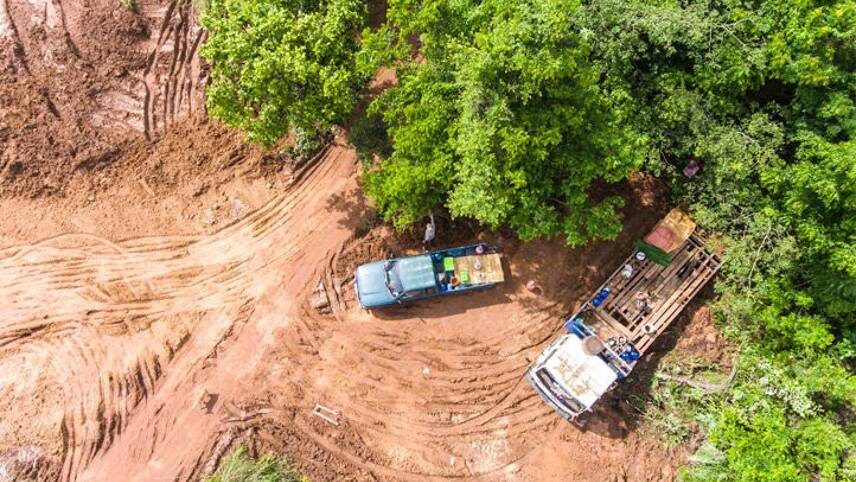Register for free and continue reading
Join our growing army of changemakers and get unlimited access to our premium content

The Business for Nature coalition has today launched the ‘It’s Now for Nature’ campaign in a bid to increase the uptake of organisations that are setting nature targets.
Through a new Nature Strategy Handbook, developed through the involvement of more than 85 partner organisations, including PwC UK and CDP, the campaign sets out recommendations and guidance for businesses and financial institutions to set targets related to improving biodiversity and halting nature loss.
Business for Nature’s chief executive Eva Zabey said: “Business leadership, innovation and courage can lead us out of the nature crisis, but we must move fast. ‘It’s Now for Nature’ is a multi-year campaign from now to 2030 to help companies scale and speed up their efforts and ensure businesses make nature part of their decision-making.
“Every business and financial institution needs a nature strategy – a roadmap of how a company will contribute to a nature-positive world. It’s the only way businesses will achieve their climate goals and ensure their future resilience.”
The Handbook builds on the High-Level Business Actions on Nature and includes the Taskforce on Nature-related Financial Disclosure’s (TNFD) final recommendations, guidance from the Science Based Targets Network and new sector-specific guidance which sets out priority actions for companies to take.
Global inaction
In December 2022, nations agreed on a new Global Biodiversity Framework aimed at halting land and water deterioration, restoring 30% of degraded ecosystems on land and sea by 2030 and unlocking new finance streams for nature recovery, with 23 action-orientated targets to be achieved by 2030.
The Kunming-Montreal Global Biodiversity Framework, formalised at COP15, aims to “take urgent action to halt and reverse biodiversity loss to put nature on a path to recovery for the benefit of people and planet by conserving and sustainably using biodiversity, and ensuring the fair and equitable sharing of benefits from the use of genetic resources, while providing the necessary means of implementation.”
Despite this global framework, the majority of businesses are still unaware of the risks that nature collapse poses to their organisation. Research from the World Benchmarking Alliance shows that less than 1% of companies know how much their operations depend on nature.
According to the World Economic Forum (WEF), $44trn – more than half of global GDP – is exposed to risks from nature loss.
Additionally, CDP found that 18,600 companies disclosed data on climate last year – a 42% year-on-year increase. Yet less than half of this amount disclosed on biodiversity, and only 1,000 disclosed information on forests.
To make nature-related corporate reporting more common ahead of any disclosure mandates, CDP is advocating for businesses to ensure that nature is a board-level priority. Three-quarters of the businesses reporting on climate to CDP said they incentivized their C-suite to take climate action, compared with just one-quarter being incentivized on forests and 6% being incentivized on water stewardship.
CDP is also calling on businesses to begin engaging with their suppliers more deeply on nature. 7,000 companies have told CDP that they work with suppliers on climate to some extent, compared with 915 on water stewardship and 543 on forests. Moreover, only 30% of the companies reporting on biodiversity assess the impact of their entire value chains.
Commenting on the new campaign, CDP’s chief executive, Sherry Madera said: “The Nature Strategy Handbook will provide critical support and guidance for companies at all stages of their nature-positive journey, with annual disclosure through CDP as a vital step. All companies must recognize the need to understand their relationship to the natural world, the material and systemic risks they face, the opportunities available and the impacts they have on the environment.
“While disclosure on nature is increasing, it continues to lag far behind climate. The Nature Strategy Handbook is important to raise awareness of the steps needed for companies to begin their journey and take action”.


Please login or Register to leave a comment.